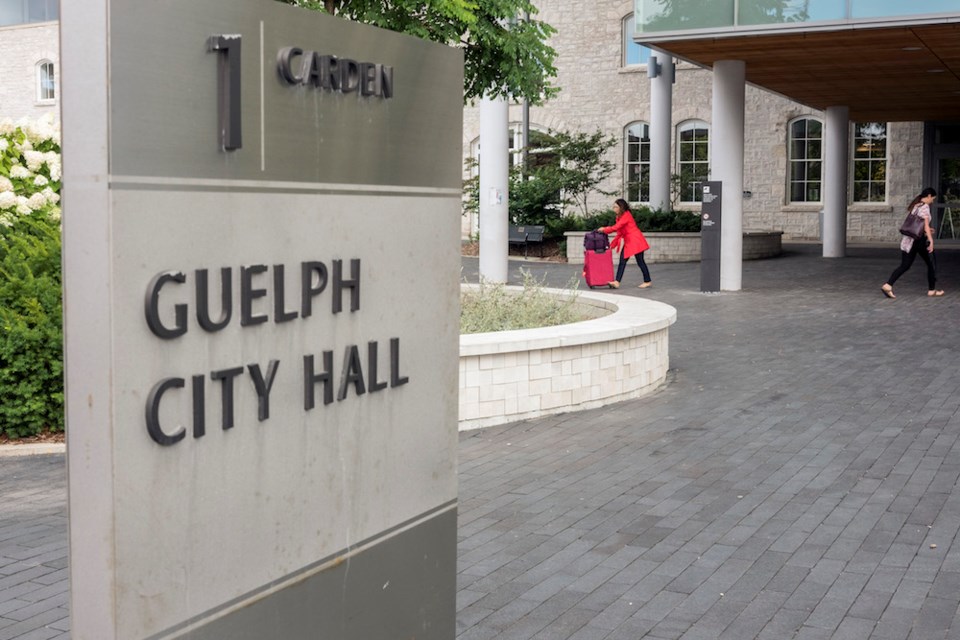In light of the strong mayor powers granted to Guelph’s mayor, city staff is looking for council’s authorization to investigate the prospect of establishing a municipal lobbyist registry.
“A lobbyist registry is a publicly accessible accountability and transparency tool that generally involves recording and regulating the activities of those who try to influence public office holders,” states a staff report heading to council’s committee of the whole meeting on Sept. 6.
The provincial government granted strong mayor powers to Guelph in July, giving them the ability to veto council-approved bylaws if they consider them contrary to provincial-level goals, create council committees and decide who leads them, hire senior city staff, reorganize municipal departments and more.
Within days of that becoming official, current mayor Cam Guthrie delegated authority to reorganize city departments to the CAO, with council granted the ability to hire and/or fire the CAO, appoint chairs and vice-chairs to council committees, as well as to assign duties to those committees.
However, as city staff previously explained, a mayor can reclaim those abilities at any time and they’re automatically restored for any future mayor.
“Staff previously undertook a review (of municipal lobbyist registries) in 2019, however given the extension of strong mayor powers, it is appropriate to revisit that work and bring forward any additional information for council’s consideration,” the staff report explains. “Staff are working to bring forward an updated report to review the opportunities, benefits and costs of a municipal lobbyist registry in the first quarter (Q1) 2024.”
That earlier review resulted in an information report for council, though no directions to staff or council decisions came as a result, staff confirmed.
At the time, the cost of establishing a registry was estimated at between $50,000 and $100,000, in addition to unknown operating expenses.
According to Open Council, examples of municipal lobbying include when developers or builders reach out to city staff or council members in an effort to bypass the regular development application process, meetings between local business representatives and council members regarding potential bylaw changes that impact that business, and when city staff or council members are invited by a vendor to attend learning sessions.
On its website, Open Council is described as a “non-partisan, independent, non-governmental site with a simple aim: to make it much easier for anyone to follow what is going on in their municipality’s town council by making information more easily accessible.”
Lobbyist registries typically include information such as the name and address of the business, name of the lobbyist, details about the matter at issue, who is to be lobbied and length of each lobbying session.
Any direction or decision made during the committee of the whole meeting must be formally ratified by council before it becomes official. Ratification of matters from the Sept. 6 committee meeting will likely be considered by council on Sept. 26.
